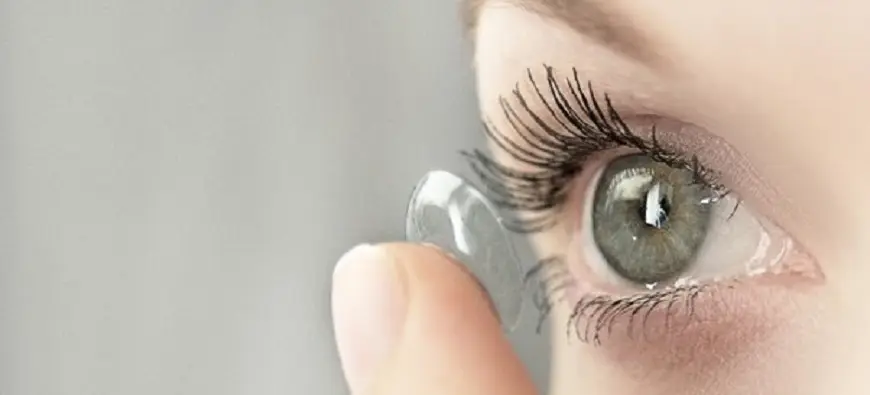How long does contact irritation last?
Wearing contact lenses for the first time shouldn't be a painful experience, however, they can cause mild irritation during the first few days. For example, it’s quite normal to feel the edges of the lenses the first few times; however, minor irritation should go away within 15 minutes as your eyes adjust to the lenses. As your eyes become accustomed to the feeling, you'll forget you're even wearing lenses. Remember, you have to build up your wearing time and days and if you’re new to lenses, you cannot wear them for a whole day right away.
Contact lenses have come a long way from when they were first invented, with soft contact lenses and silicone hydrogel contact lenses making them comfortable to wear.
If you're a first-time wearer and feel that your contact lenses don't feel right, you should remove the lenses and inspect them for damage or dust, and check that they are the right way round and not inside out. If all appears okay, clean and rinse them with saline or your contact lens solution before reinserting them.
Never reinsert a damaged lens and if eye irritation from your lenses continues, contact your eye care professional straight away.
Disclaimer: The advice in this article is for informational purposes only and does not replace medical care or an in-person check-up. Please check with an eyecare professional before purchasing any products or remedies. For information on our article review process, please refer to our Editorial Policy.

 Offers
Offers Account
Account
 Favorite
Favorite
 Basket
Basket

 OFFERS
OFFERS

















